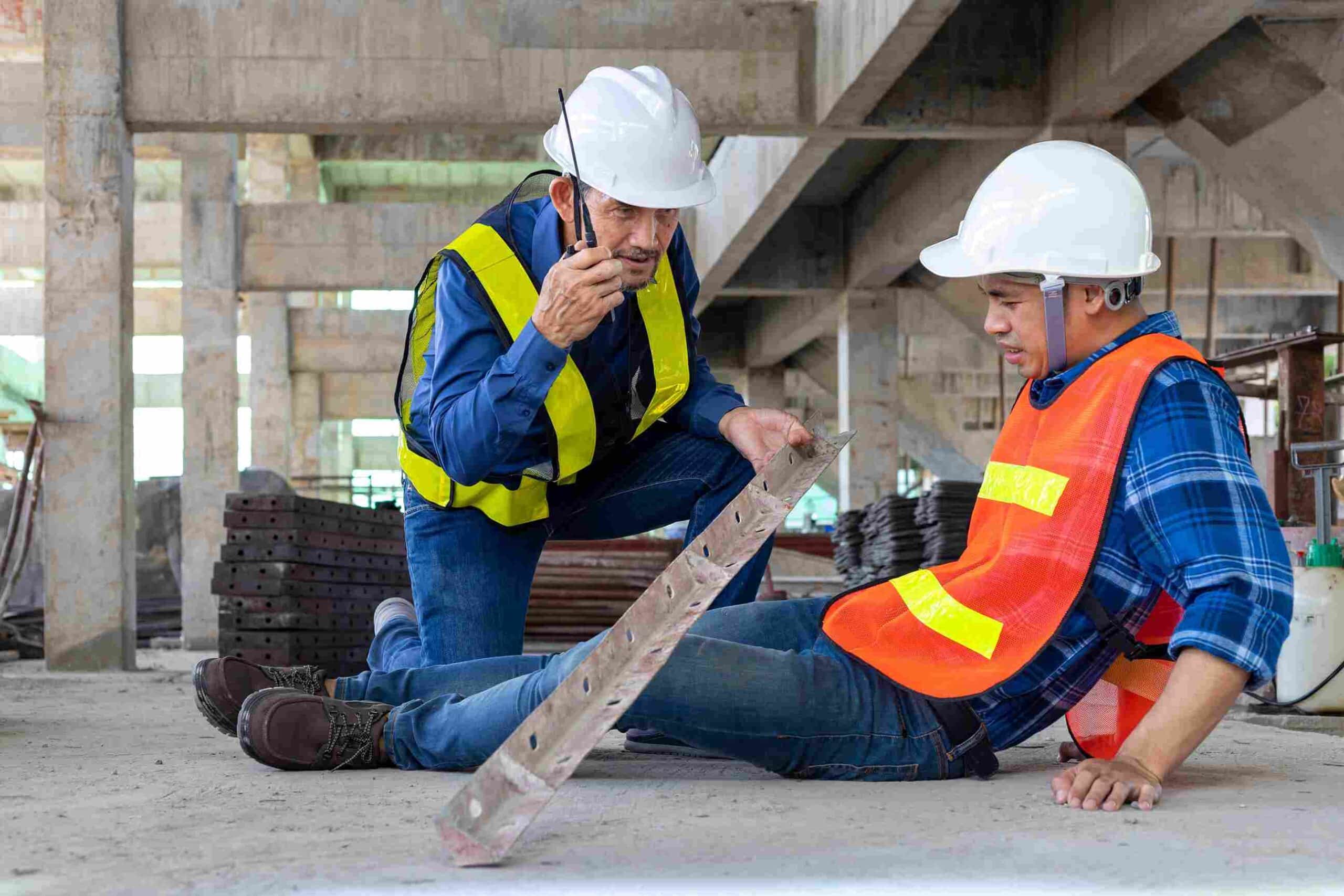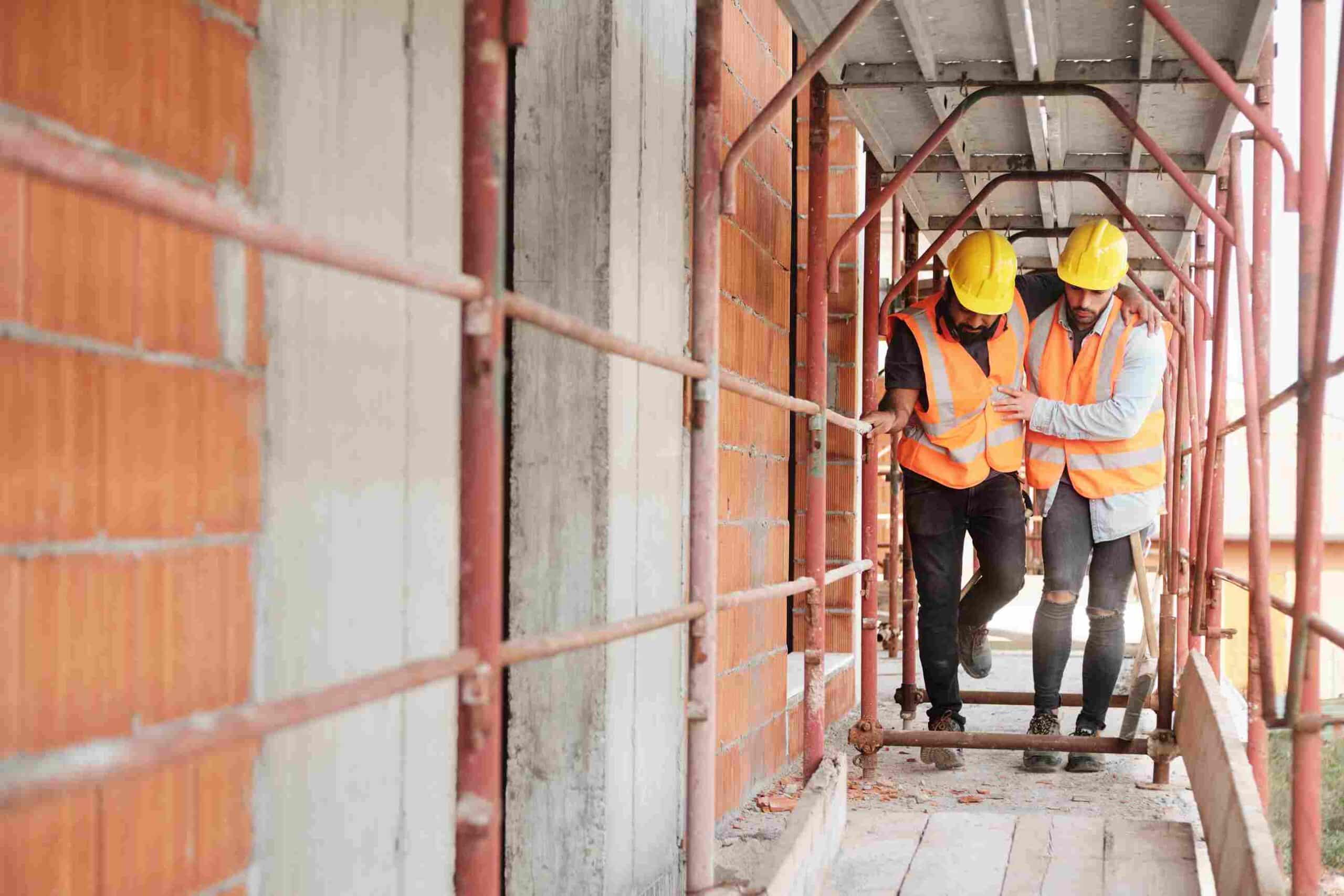Construction sites are some of the most hazardous workplaces in Florida. Heavy machinery, heights, unstable scaffolding, electrical wiring, and numerous moving parts pose a constant risk. If you are a construction worker who has been seriously injured, your first question may be: Can I sue my employer after a construction accident?
The answer depends on several factors, including the circumstances of the accident, who was at fault, and whether gross negligence or third-party liability is involved. Below, a construction accident lawyer from Sternberg | Forsythe, P.A., explains when injured workers can go beyond workers’ comp and pursue additional compensation.
Florida’s Workers’ Compensation Law: The Default Route
In Florida, the workers’ compensation system is the primary legal remedy for workplace injuries and illnesses. This means that, in most cases, injured construction workers are required to go through the state’s no-fault workers’ compensation system rather than suing their employer directly.
As a Florida workers’ comp attorney will tell you, this system is designed to protect both the worker and the employer. It provides quick access to benefits such as:
- Medical treatment
- Wage replacement (typically two-thirds of your average weekly wage)
- Temporary or permanent disability benefits
- Vocational rehabilitation
However, workers’ compensation also limits your ability to pursue pain and suffering, punitive damages, or complete wage replacement. It also generally prohibits lawsuits against your direct employer, even if they were negligent.
Can You Ever Sue Your Employer in Florida?
In rare but serious cases, Florida law allows you to step outside the workers’ compensation system and sue your employer. This is referred to as a “workers’ comp immunity exception.” To qualify, one of the following conditions typically must be met:
1. Intentional Harm by the Employer
If your employer intentionally caused your injury—meaning they knew their conduct would almost certainly result in serious harm—then you may be allowed to file a personal injury lawsuit. This is very difficult to prove, but not impossible. Some examples might include:
- The employer removed safety guards from machinery, knowing it would cause harm.
- They forced employees to work in a confined space filled with toxic fumes without masks, after being warned by OSHA.
- Management directed a worker to handle live electrical wires without protective gear.
A Florida work injury attorney can review your case to determine if the facts support a claim of intentional harm.
2. Gross Negligence Beyond Normal Standards
There are rare cases where the employer’s conduct is so reckless that it rises to a level beyond standard negligence. If their actions displayed a conscious disregard for employee safety, a lawsuit might be allowed.
Examples may include:
- Ignoring repeated OSHA violations that directly lead to injury.
- Failing to train workers to use dangerous equipment.
- Knowingly using structurally unsound scaffolding.
If you suspect your employer acted with gross negligence, you should speak to a construction accident lawyer immediately to protect your rights.
Suing a Third Party for a Construction Injury

While suing your direct employer is rare, another legal route is often overlooked: third-party liability.
Construction sites usually involve multiple contractors, vendors, equipment suppliers, and property owners. If anyone outside of your employer caused or contributed to your injury, you may have grounds for a personal injury lawsuit.
Common Third Parties That May Be Liable:
- General contractors who fail to maintain a safe worksite
- Subcontractors who create hazards that injure others
- Property owners who knew of dangerous conditions and did not warn or fix them
- Equipment manufacturers whose defective tools or machinery cause injuries
- Truck drivers or delivery services operating recklessly on the site
In these cases, a Florida work injury attorney can help you file a third-party lawsuit while also pursuing your workers’ compensation benefits—you can do both simultaneously.
Why Consider Suing Outside Workers’ Comp?
There are several vital reasons injured construction workers may consider legal action beyond a standard workers’ comp claim:
- Workers’ comp does not cover pain and suffering
- You only receive partial lost wages
- It may not fully cover your long-term medical costs
- Punitive damages are unavailable in workers’ compensation cases
- A lawsuit may expose systemic safety violations that protect others in the future
If you have a valid third-party claim or your employer crossed legal boundaries, a construction accident lawyer can help you build a case that maximizes your compensation.
What If You Were a Subcontractor or Independent Worker?
Independent contractors are not typically covered under Florida workers’ compensation laws. However, many construction companies misclassify employees as independent contractors to avoid paying benefits. A seasoned Florida workers’ comp attorney can review your employment status and help correct misclassifications that may open the door to benefits or lawsuits.
Common Construction Accidents That May Warrant a Lawsuit
Certain types of accidents are more likely to lead to third-party claims or employer liability. These include:
- Scaffolding collapses
- Crane or forklift accidents
- Falls from unguarded heights
- Electrocution due to unmarked wiring
- Injuries caused by defective power tools
- Trench collapses or structural failures
- Vehicle accidents on or near the construction site
If your injury was the result of faulty equipment, poor supervision, or unsafe site conditions, a Florida work injury attorney can investigate all potentially liable parties.
How a Construction Accident Lawyer Can Help
Navigating the intersection of workers’ compensation and personal injury law can be a complex process. A construction accident lawyer can offer support in the following ways:
- Evaluate whether your case qualifies for a lawsuit against your employer or a third party
- Coordinate your workers’ compensation benefits while pursuing a civil claim
- Investigate the accident site, gather evidence, and consult with safety experts
- Negotiate with insurers, employers, and opposing attorneys on your behalf
- Litigate if necessary to protect your rights and recover maximum compensation
Why Choose Sternberg | Forsythe, P.A.?
Our team has represented injured workers across Florida for decades. As trusted workers’ compensation lawyers in Florida, we understand the high stakes involved in construction site injuries. We do not back down from powerful companies, general contractors, or insurers.
We treat every client like family—because we understand how much is on the line for yours.
Whether you are fighting to access basic medical treatment or pursuing a complex third-party lawsuit, we stand ready to help you through every step.
Florida Laws That Affect Construction Injury Claims
Understanding the legal backdrop is critical. Here are a few Florida laws that may impact your ability to sue after a construction accident:
- Florida Statute § 440.11 – Grants employers immunity from lawsuits unless intentional harm or gross negligence is proven.
- Florida Statute § 95.11(3)(a) – Sets a four-year deadline (statute of limitations) for filing personal injury lawsuits.
- Florida Statute § 768.81 – Florida’s comparative fault rule reduces your compensation if you are partially at fault.
A knowledgeable Florida workers’ comp attorney can ensure you meet all deadlines and do not settle for less than you deserve.
FAQ: Suing After a Construction Accident in Florida
Can I sue if I was injured by another subcontractor?
Yes. If someone other than your direct employer caused the injury—such as another subcontractor—you may be eligible to file a personal injury lawsuit in addition to receiving workers’ comp benefits.
Is pain and suffering available in a workers’ comp claim?
No. Florida’s workers’ compensation system does not provide compensation for pain and suffering. However, a lawsuit against a third party or employer (in limited cases) can include these damages.
What happens if my employer classifies me as an independent contractor?
Florida employers sometimes misclassify workers to avoid responsibility. A construction accident lawyer can evaluate your work arrangement to determine if you are eligible for workers’ compensation.
Can I get fired for filing a workers’ comp claim?
No. Florida law prohibits employers from retaliating against employees who file a claim. If you were fired, demoted, or harassed after reporting an injury, speak to a Florida workers’ comp attorney immediately.
How long do I have to file a lawsuit after a construction accident?
Under Florida law, you typically have four years to file a personal injury lawsuit, but only two years for workers’ compensation claims. It is best to consult an attorney as soon as possible to avoid missing important deadlines.
Protect Your Rights After a Construction Accident
While workers’ compensation is the default route after a construction accident, it is not your only option. If your employer acted intentionally or with gross negligence, or if another party caused your injury, you may have the right to sue.
The sooner you speak to a Florida work injury attorney, the better your chances of preserving key evidence and building a strong case.
At Sternberg | Forsythe, P.A., we help injured workers understand their rights, navigate complex claims, and fight for the compensation they deserve.


